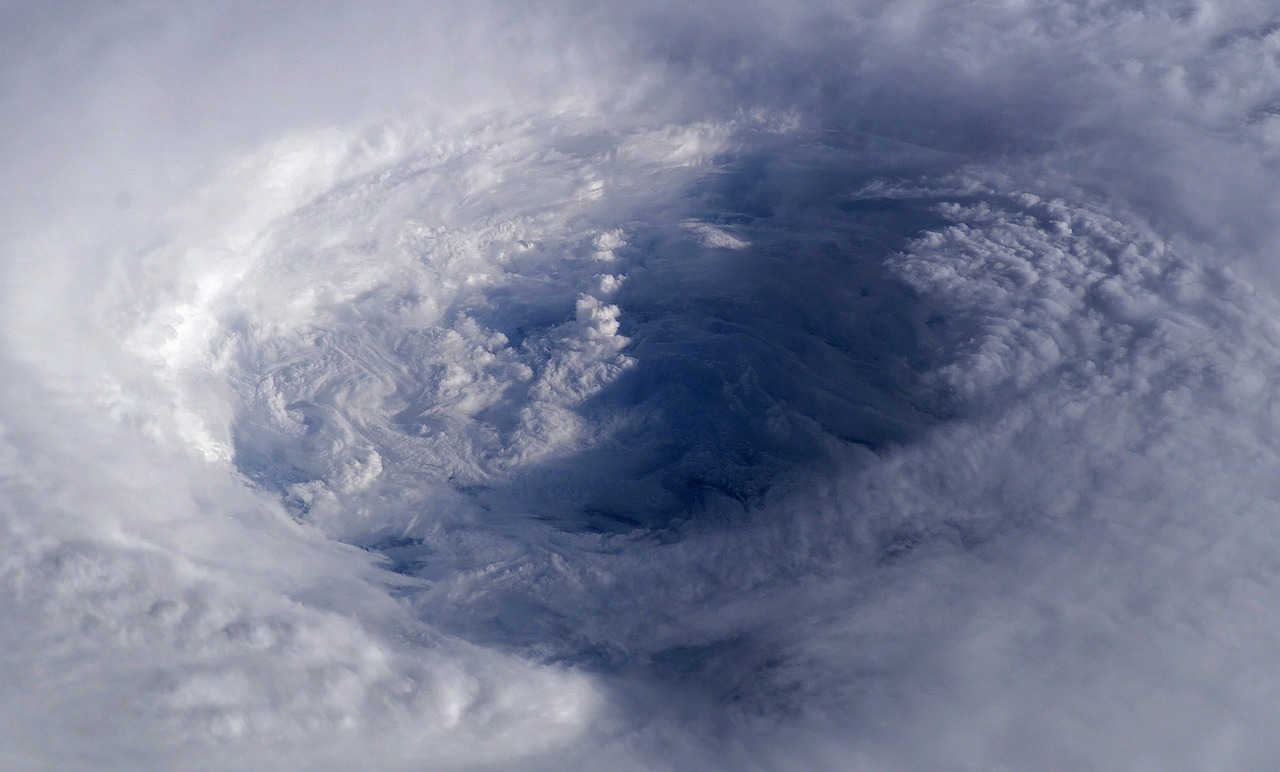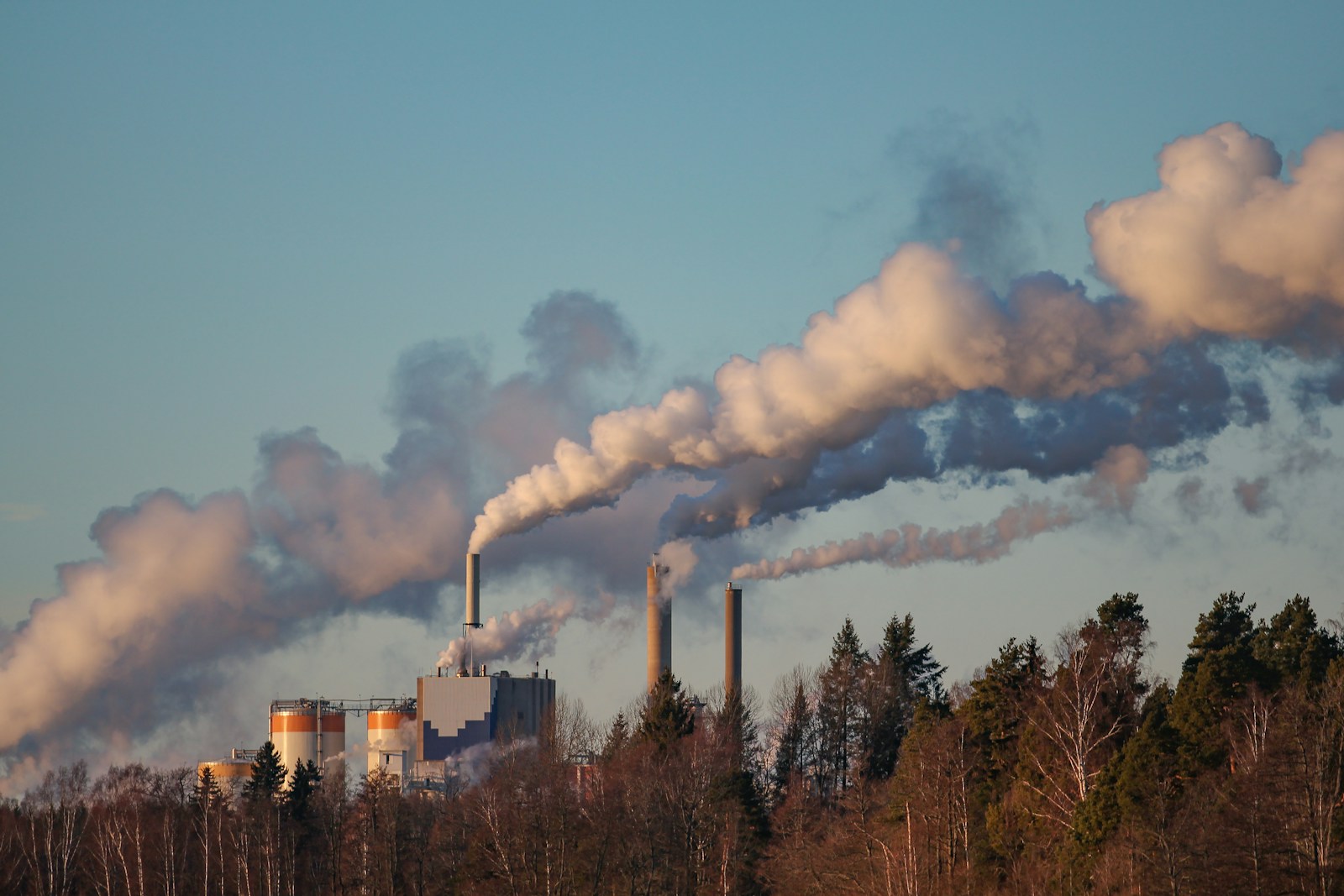Table of Contents
ToggleIntroduction:
New Zealand is known for its stunning landscapes, diverse culture, and pleasant climate. However, with changing climate patterns, the country is now facing a new challenge – increasing frequency and severity of ex-tropical cyclones. In recent years, New Zealand has experienced several severe ex-tropical cyclones that have caused widespread damage, loss of life, and disruption to communities. In this article, we will explore the incidence of ex-tropical cyclones in New Zealand and the impact of climate change on the frequency and severity of these extreme weather events.
Cyclones in New Zealand: A Growing Trend
New Zealand is located in the South Pacific Ocean, which is known for its high frequency of ex-tropical cyclones. Historically, the country experienced around two to three ex-tropical cyclones every year. However, in recent years, this number has increased, with more severe storms affecting the country with greater frequency.
According to the National Institute of Water and Atmospheric Research (NIWA), the average number of ex-tropical cyclones affecting New Zealand has increased by approximately 20% in the past 30 years. This increase in frequency has resulted in greater risk to the communities, infrastructure, and economy of New Zealand.
The Impact of Climate Change on Cyclones
The impact of climate change on ex-tropical cyclones is a topic of ongoing research and discussion among scientists and experts. However, the available evidence suggests that climate change is playing a significant role in the increasing frequency and severity of ex-tropical cyclones.
One of the main ways in which climate change affects ex-tropical cyclones is through sea-level rise. As sea levels rise, the storm surge from ex-tropical cyclones becomes more intense, increasing the risk of flooding and damage to coastal communities.In addition to sea-level rise, climate change is also causing the ocean to warm, which can result in increased atmospheric instability and more intense storms. Warmer oceans also provide more energy for ex-tropical cyclones to develop and intensify, increasing the risk of damage and loss of life.

The Economic and Social Impacts of Cyclones
The impact of ex-tropical cyclones on New Zealand extends far beyond the physical damage caused by the storms themselves. The loss of infrastructure, homes, and businesses can have a long-lasting impact on communities, and the wider economy.In addition to the physical damage, ex-tropical cyclones can also result in loss of life and injury. The psychological impact on communities can be significant, with many people experiencing trauma and stress in the aftermath of these extreme weather events.
Conclusion
Ex-tropical cyclones are a growing concern for New Zealand, with increasing frequency and severity posing a significant risk to communities, infrastructure, and the economy. The impact of climate change on ex-tropical cyclones is a topic of ongoing research, with evidence suggesting that sea-level rise, warmer oceans, and increased atmospheric instability are contributing factors.
It is crucial that New Zealand continues to take steps to mitigate the impact of ex-tropical cyclones, including investing in infrastructure that is resilient to these extreme weather events, and preparing communities for the increasing risk of damage and loss of life.
As the world continues to face the challenges of climate change, it is important that we work together to find solutions and ensure a safe and sustainable future for all.








2 thoughts on “Cyclones: A Growing Concern for New Zealand in the Face of Climate Change”
Pingback: Cyclone Gabrielle causes widespread destruction in New Zealand
Pingback: Tropical Cyclone Ilsa: The Category 5 Storm in Western Australia